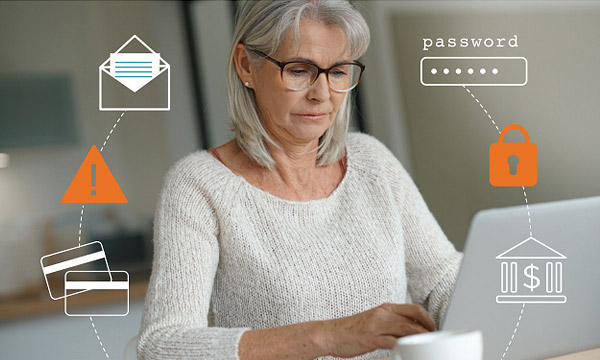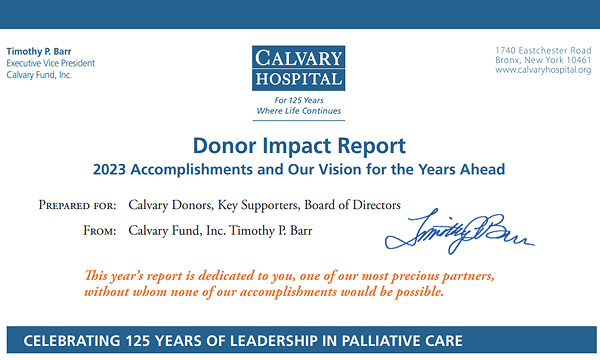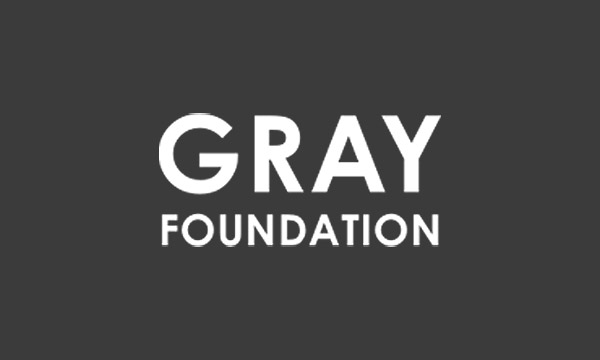By Brian P. Corrigan, Esq.
As performing financial and other personal transactions online becomes more the norm than the exception, the potential for identity theft increases significantly. Identity theft usually involves someone using your personal information for his or her financial gain. A related scam involves exploiting your natural motivation to help a loved one in need by having you send money for that purpose when, instead, it is going to a scam artist. After reviewing common identity theft practices and financial scams, this article will identify specific actions that you can take to minimize your risk of falling victim to these crimes and what to do if you are victimized.
Methods Thieves Use to Steal Your Identity
Identity theft may include someone taking out a loan or opening a credit card in your name or even obtaining your tax refund from the IRS. To accomplish this, the wrongdoer may obtain your personal information surreptitiously by:
- Pickpocketing your wallet going through your garbage
- Collecting some mail (bills/bank statements/tax forms) from your mailbox before you do.
- You may also unknowingly expose your information by simply using an ATM or filling your gas tank.
“Skimmers” are devices that criminals place over bank/credit card machines allowing them access to the personal information on the card when you swipe it. Further, small cameras are often used in conjunction with the skimmer to record you entering your PIN. The criminal may then clone your card and use your PIN to access your account, thereby making withdrawals and charges with the same ease as you.
Alternatively, the wrongdoer may obtain your sensitive personal information through your direct and active participation. For example, a “lawyer” may call advising that you are entitled to a bequest from a deceased friend or family member and your information is required to process that bequest. Someone may call you claiming to be from your bank, the credit card company, the Social Security Administration (“SSA”) office or the IRS and ask that you “verify” certain personal information for their records.
A similar request may come by an email that appears to be from your bank or another trusted company with whom you have a relationship.
Be wary of clicking on any links in these emails as doing so may expose your computer to malware.
Visit your bank and speak to a manager about this communication or, alternatively, phone a number you know to be accurate for the bank or company (not a number in the email) to confirm that the email is legitimate.
Besides stealing your identity, scammers may have you transfer money to them under false pretenses. For example, grandparents may receive a call ostensibly from a grandchild who was arrested and is in need of bail money immediately. Due to the circumstances, the “grandchild” may only be able to speak very briefly but will have someone call on his/her behalf momentarily to handle the next steps (e.g., a bail bonds person, lawyer, or police officer). Finally, the grandparent is asked to promise not to tell mom or dad, at least not now. The grandparent either wires money to an account as instructed or meets a “representative” of the bail bonds-person and provides cash.
Keep in mind that there may be certain references in these calls to make them appear legitimate.
For example, the grandparent may be addressed in the exact way their grandchild does (i.e., “Nonna”, “Pop-Pop”, etc.), the town where the grandchild attends college or lives identified, his or her boyfriend/ girlfriend referenced by name, as well as the grandchild’s address and date of birth. None of this information is secretive and most of it may be easily accessible by others on social media. A variation of this scam involves a family member having a medical emergency, usually in another country, and needing money immediately.
Preventative Measures
If someone calls claiming to be from your credit card company, bank, IRS or SSA, take his or her name, title, office/branch and phone number down and ask to return the call. You may then investigate the legitimacy of that call by calling the number on your bank statement, back of your credit card, or one published for IRS/SSA and speak with a representative at that number about the call you received.
- Shred documents containing personal information before throwing them out. This includes your junk mail with pre-approved credit offers.
- Opt-out of pre-approved credit and insurance offers (https://www.optoutprescreen.com/) or call 1-888-567-8688.
- Protect your mail. Collect incoming mail promptly and secure your mailbox with a USPS approved locked box. Have the post office suspend delivery to your home if you will be away. Sign up for Informed Delivery by the USPS which allows you to digitally preview the mail that will be delivered. This will help you determine if some of your mail is missing (https://informeddelivery.usps.com/box/pages/intro/start.action). Place outgoing mail in a USPS mailbox, not in your mailbox or another place that may be easily accessed by others.
- Take a close look at a credit card machine before swiping your card. Does anything look out of place or suspicious, such as a loose part or any part of the machine being an unusual or different color than the rest?
- Cover your fingers with your other hand as you enter your PIN or zip code at an ATM or gas pump.
- Review your monthly bank and credit card statements (or more often online) to detect any improper transactions.
- Don’t click on links in unfamiliar emails or text messages. They may contain software to obtain information on your computer or smartphone.
- Use strong passwords for your online accounts and avoid accessing them on public wi-fi hotspots.
- Don’t carry your Social Security card in your wallet.
- Check your credit report at least annually and confirm the accounts listed are ones you opened. You are allowed one free credit report once a year from each of the 3 major credit bureaus (https://www.annualcreditreport.com/index.action).
- Consider placing a freeze on your credit files with Equifax, Experian and TransUnion. This will help prevent new accounts from being opened in your name. It will not, however, protect your existing accounts, thereby requiring continued diligent review of that activity.
- File your income tax returns as early as possible. This can help avoid a scammer from filing a return on your behalf and collecting your refund.
- Consider hiring a reputable identify theft protection company to monitor the use of your personal information and alert you of unusual activity. Be wary of actions that require you transferring money quickly because of an alleged emergency, involve requests that you not tell others, or that people you may naturally call upon hearing this news are unavailable for some reason. Investigate the circumstances under which any such request is made of you before transferring any money.
Steps to take if you are a Victim
If you have been targeted by a scam artist attempting to have you transfer money, or if you have actually transferred these funds, notify the police promptly. If you are a victim of identity theft, the steps you can take include:
Immediately notify your banks, credit card companies and investment/retirement/pension fund companies so they may take appropriate action with respect to any improper prior transactions and help avoid recurrence, including issuing new credit/bank cards, new account numbers and monitoring your account.
File a complaint with the US Federal Trade Commission at https://www.identitytheft.gov/ or by calling 1-877-ID THEFT.
To address federal and New York State tax issues arising from a theft of your identity, refer to the instructions at https://www.irs.gov/identity-theft-fraud-scams and https://www.tax.ny.gov/help/contact/identity_theft.htm, respectively.
If your social security number has been compromised, refer to the instructions at https://oig.ssa.gov/report
To address mail fraud, including stolen mail or someone changing your mailing address, refer to the instructions at https://www.uspis.gov/report/
File a police report.
Brian P. Corrigan is a partner in the New York, NY and Uniondale, NY offices of Farrell Fritz P.C. whose practice concentrates in trusts and estates litigation matters.
Basic Medical Identity Theft
Medical identity theft occurs when someone uses your sensitive information for the purpose of obtaining medical goods or services; or to fraudulently bill for medical goods or services under your name. There are several ways to detect medical identity theft and measures you need to take when you find out you are a victim. Read more here
Obituary Scam
Scammers use publicly available information about the recently deceased found in obituaries to target their survivors. It’s important to be mindful of what is included in obituaries and other public notices so others cannot use the information against you. Read more here
Identity Theft and the Deceased
Identity thieves employ a variety of ways to obtain information about the recently deceased to steal their identities. The following steps are recommended by ITRC to take for all deaths to decrease the risk identity theft of a loved one.
This information below has been provided by Identity Theft Resource Center©, a national non-profit that assists victims of identity and cybercrime at no-cost through website live chat and toll-free call center (888) 400-5530.














